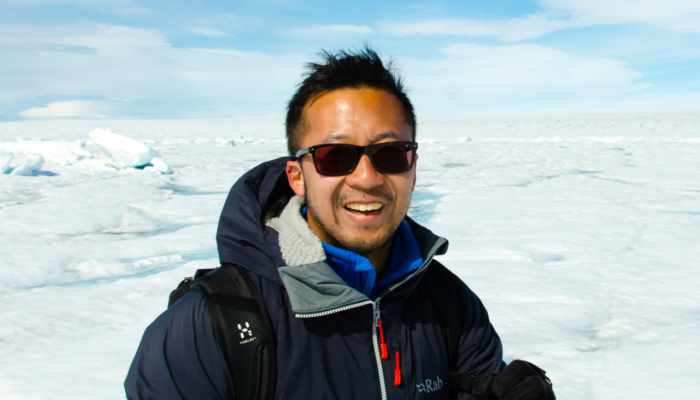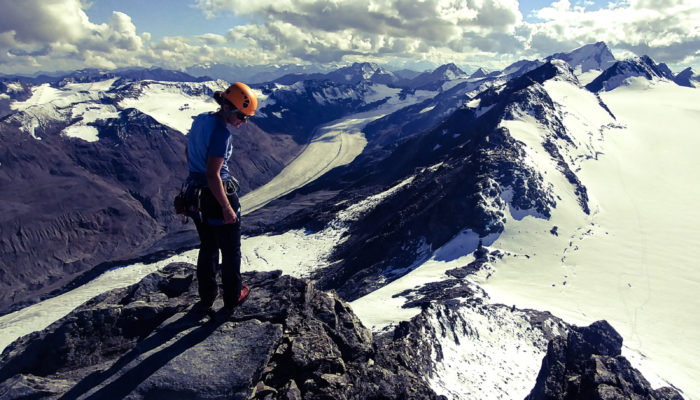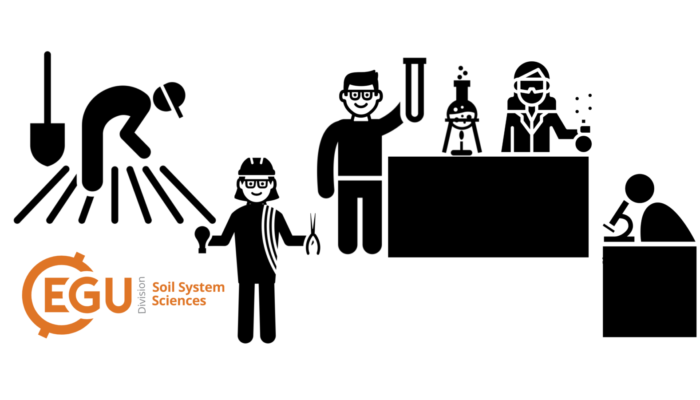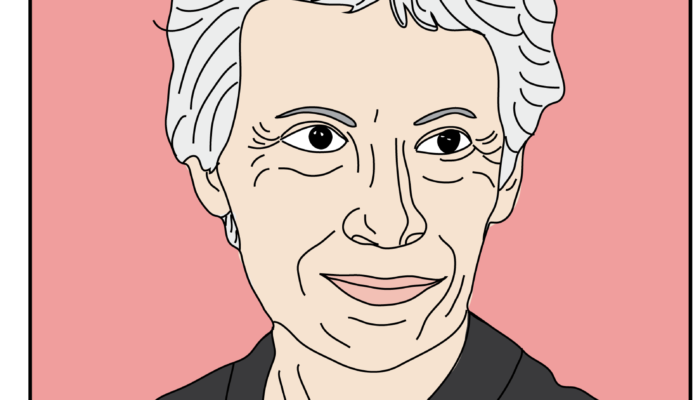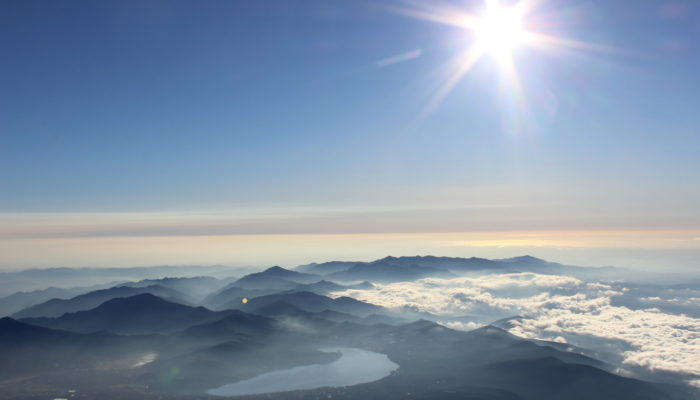After a year of being glued to screens, Matej can sadly only keep up with one tab at a time and asks with intense FOMO: What have I missed from vEGU 2021? Dear Matej, Oh, dear! This week has been truly intense, and I do not blame your Internet bandwidth for not keeping up with all the parallel discussions and science from vEGU. In fact, it turns out that on Monday the conference platform was taken ...[Read More]
If you didn't find what you was looking for try searching again.
Cryospheric Sciences
Introducing TJ Young, our new early-career representative for the cryo-division of the EGU!
Every two years, the Cryospheric Sciences division of the European Geophysical Union (EGU) elects a new representative for its early-career scientists. Starting in April 2021, Tun Jan (TJ) Young will take over the role from Jenny Turton, who is the outgoing representative. TJ shares a bit about himself and how his previous leadership experience aligns with the goals of EGU’s early career scientist ...[Read More]
Geodynamics
The Sassy Scientist – Will You Be My Co-PI?
In the landscape of very competitive scientific funding, and with STEM research teams sometimes having more people with the name ‘Ben’ than women, Pierre asks what no one dares to even think: Can I increase the chances for my proposal getting funded if I co-write it with a woman? Dear Pierre, The funding game is one of low-odds and it seems you are looking for a loophole. No judgement ...[Read More]
Seismology
Seismology Job Portal
On this page, we regularly update open positions in Seismology for early career scientists. Do you have a job on offer? Contact us at ecs-sm@egu.eu Please, note that other available research positions are displayed on the EGU Jobs Portal. Special Thanks to Eric Löberich for researching job postings for the ECS.
Climate: Past, Present & Future
Life of a Climate scientist presents Holly Kyeore Han
About the blog series: Life of a Climate scientist Life of a Climate Scientist is a new blog series started by the EGU Climate Division. The main focus of this series is to provide a platform for climate scientists to tell their stories of life in research. We will be covering a wide-range of subjects, from their scientific endeavors and maintaining work-life balance to challenges they have faced ...[Read More]
GeoLog
#NominateHer – gender matters in awards and medals
Today is International Women’s Day around the world, a day where we celebrate the progress that women, and people across the gender spectrum, have made towards gaining equity, but also take a hard look at how we can do better to support these under-represented groups in our societal structures. For scientific organizations, one of the most visible ways that we can note both the disparity bet ...[Read More]
Soil System Sciences
The importance of our SSS (…Soil Support Staff!) #4
This month, we marked International Day of Women and Girls in Science, and to continue the celebrations we are delighted to showcase the work of Lea Piscitelli in our monthly feature, Technician of the Month! Lea Piscitelli works as a research technician in the Laboratory of Agricultural and Environmental Chemistry at CIHEAM Bari in Italy. Don’t forget that each month, we’ll spotlight a technicia ...[Read More]
Tectonics and Structural Geology
Janet Vida Watson (1 September 1923 – 29 March 1985): The woman who could translate the story of Precambrian rocks into a crystal-clear message
On a late summer day in September 1923, Janet Vida Watson was born. With a father working in palaeontology and a mother who did research in embryology until her marriage, Janet grew up with science all around her. She went to South Hampstead High School, known for its science teaching and continued her education in General Science at Reading University. She graduated in biology and geology in 1943 ...[Read More]
Seismology
Seismology Job Portal
On this page, we regularly update open positions in Seismology for early career scientists. Do you have a job on offer? Contact us at ecs-sm@egu.eu Please, note that other available research positions are displayed on the EGU Jobs Portal. Special Thanks to Eric Löberich for researching job postings for the ECS.
GeoLog
Top 5 GeoLog posts of 2020!
Happy New Year!! 2020 has been a pretty relentless and turbulent year – and a lot has happened. Here at EGU headquarters (currently spread across our staff’s several homes) we all know how much we owe to you, our members, followers and friends, this year, through all the highs and the lows. We honestly could not have made it through without our wonderful community – and yo ...[Read More]


